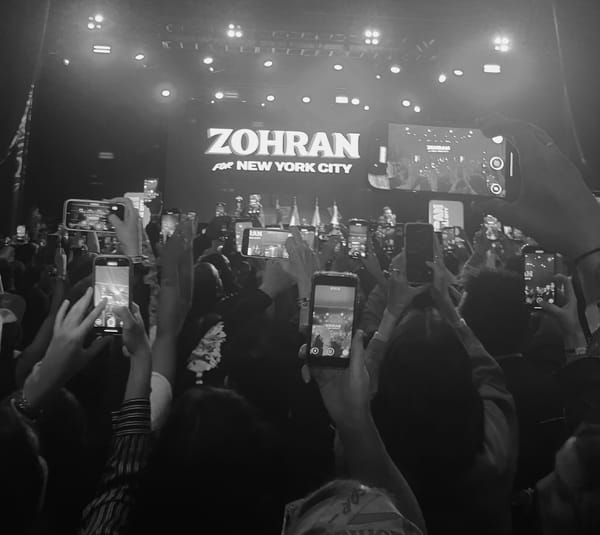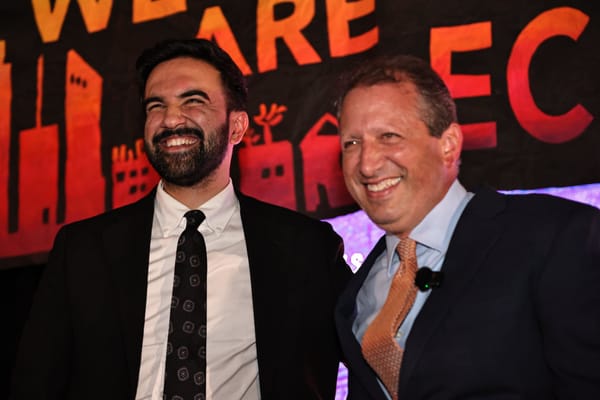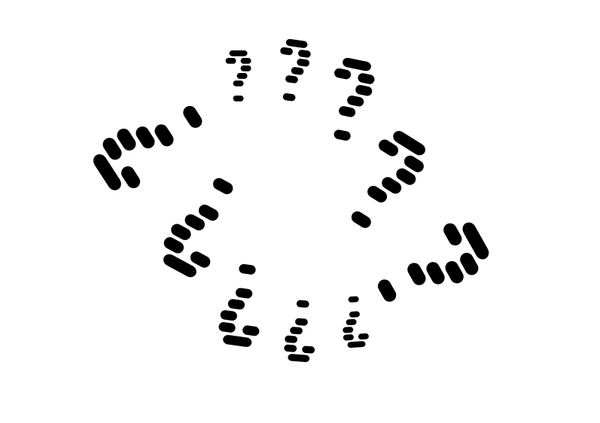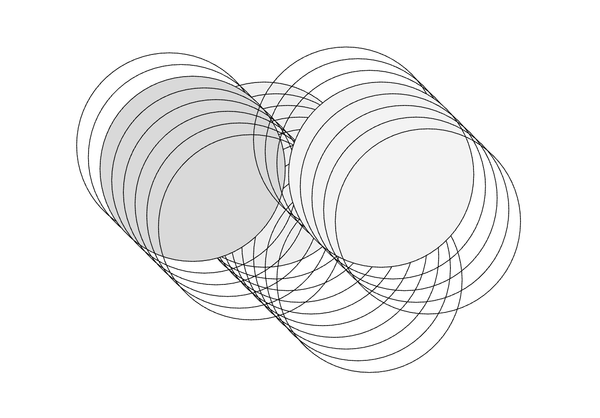Helping ourselves help ourselves
Understanding the international boundaries of empathy
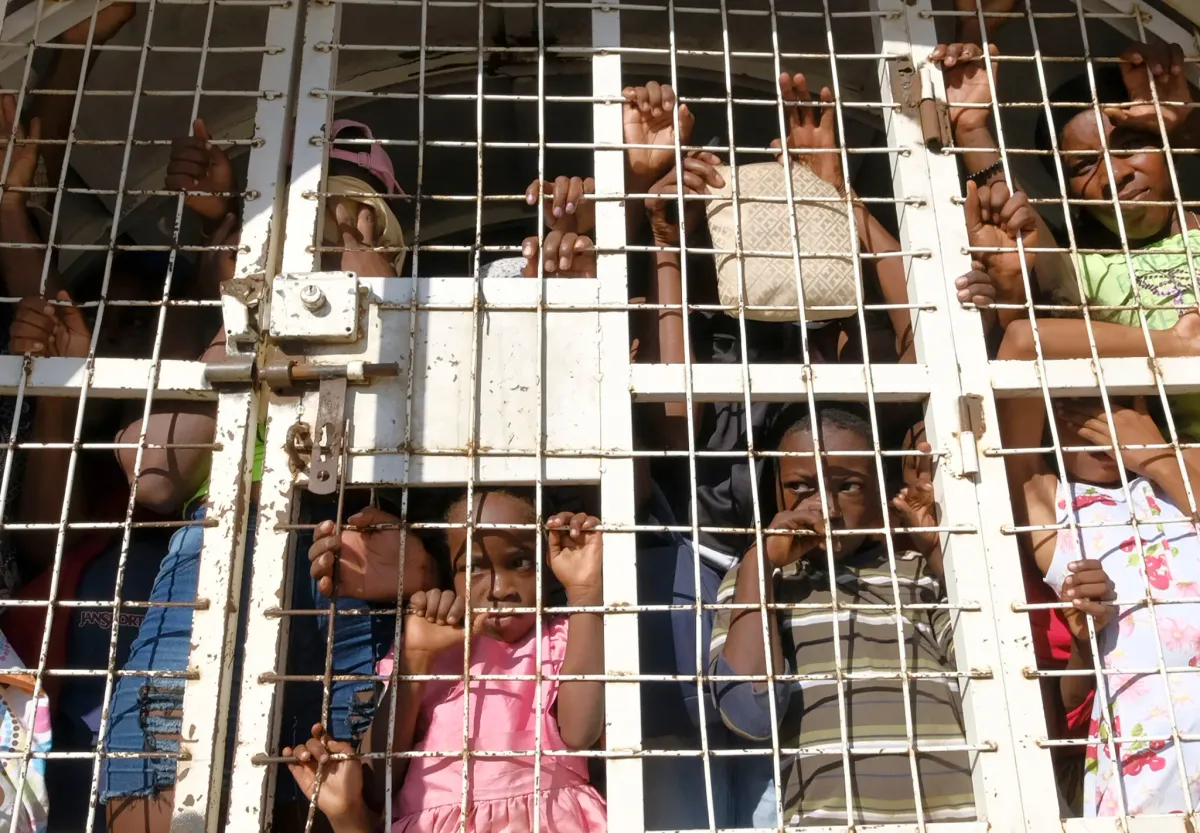
Around 200 people, mostly elderly, were murdered by gang members this weekend in Port-Au-Prince, Haiti. They were killed by machete and by knife, their bodies were burned or thrown into the ocean. The news of the massacre emerged slowly and information remains incomplete because the area of the city is controlled by gangs, not by government.
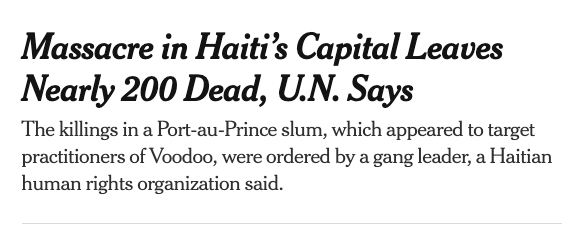
The explanation of why this massacre occurred now is horrific and specific — a gang leader ordered the killings of people who practice Voodoo after a priest told him Voodoo, an official religion of Haiti, was responsible for the leader’s son’s fatal illness. The explanation for why this massacre can occur at all would be more generically applicable — the same answer to why the Dominican Republic is using locked cattle cars to deport 10,000 Haitians a week back to a collapsed country, or why the Biden administration has similarly decided to resume sending Haitians back to homelessness and death.
A full accounting would include slavery, the reparations Haitians were forced to pay to their formers enslavers, US-led occupation and forced labor, dictatorship and more intervention, rampant corruption by elites, pernicious cycles of aid, the international drug trade, and exposure to both earthquakes and hurricanes.
But precisely because of multiplicity of reasons for destruction within the country, I wonder if another correct answer to that question – even a more direct answer– is because those of us outside of it are allowing these things to occur. Without reducing the agency of the domestic and international forces directly complicit in the crisis, I want to dwell on the possible agency of the uninvolved but capable.
Why dwell on this particularly atrocity instead of any other I could pick from the news? Though horrifying, I could easily look to a month ago to find a similar example elsewhere. And that’s right: I’m not interested in debating the particulars of a conflict I have no expertise in or personal connection to. Instead I’m pausing here because, for whatever reason, I was able to notice how close I was to processing this news item just like all the others: to encounter it and immediately just scrolling on. I was able to realize that (a) this is the exact way we’ve come to process everything, and (b) this is totally insane.
Setting aside the technological reasons that would explain why we’ve been conditioned to flit away from everything, I want to consider why this kind of news specifically would have such low impact on us, despite being so objectively terrible. Given a slight remove from my usual behavior, I want to interrogate what forces are insulating me from caring more deeply, from talking about it, from doing something about this kind of atrocity.
I think there are a few straightforward reasons. First, the amount of violence we are exposed to in a global information network is certainly one part: a certain amount of callousness is required in order to live the rest of our lives. Second, the history of intervention, particularly American intervention, has made the left justifiably cynical about the role of (imperial) outsiders. Whether it’s been CIA-led regime change in Latin America, covers and lies in Iraq, or intervening on the wrong side in Gaza, this week’s renewed bombing in Syria, there’s little reason to trust ourselves to in an affirmative role in altruistic interventions. Third, there’s a persistent bias that “foreign policy” and “international relations” are the realm of experts and that average people simply aren’t qualified to have a position on these complex subjects. All of these certainly reduce how we perceive our individual agency with regard to suffering in other countries.
But what I feel operating at a deeper level in this country is a curious consensus in the idea that it’s not possible to really help. The way this is expressed on the Right is through the same language of self-sufficiency and bootstrapping that’s used towards people in poverty here; the way this is expressed on the Left is through the language of self-determination and the grassroots. Both, for different reasons, insist on the need for people in suffering to be the force behind their own salvation. In the international context, that skepticism is supported by the lengthy record of outside forces propping up temporary governments that soon give way to chaos.
And so: if we can’t really help, why really care.
By dismissing the viability of intervention, we’re helping ourselves help ourselves: no angst required and no action needed.
I’m not trying to make a case for why the US should do any particular thing in Haiti or anywhere else, but I want to challenge the prevailing cynicism that instinctually sets us against the impulse to do anything. I am suspicious of this cynicism because in our personal lives we do not insist that our friends or families or strangers that urgently need help figure out how to help themselves. I am suspicious that we insist we can and should pursue unprecedented policies and utopian visions in our own societies, but we are distinctly unimaginative when it comes to the wellbeing of people in others and uninterested in considering types of agency that avoid the failures of the past. I am suspicious of a kind of magical thinking that holds that victims of oppression and violence must and will somehow free themselves.
Outside of these contexts, I, and most people, believe that when people need help, they should be helped. We do so because sometimes we need help and sometimes we give it, sometimes we need help we can’t ask for and sometimes we give help we are reluctant to give. Of course there are reasons to resist an exact analogy between individuals and complex nation states, but I believe that we have overemphasized this difference, not least because complex nation states are still made up of individuals. I would prefer to live in a way where I recognize the need and humanity of people regardless of where they live, rather than to categorize them as irrelevant because of where they live. If there is a version of a world where states with power reliably and responsibly exercise that power for good, I think it will be built on that kind of belief as a society’s commonsense.
Some younger people were also murdered this weekend in the massacre in Port-Au-Prince, shot trying to help others flee by motorbike. I try to imagine myself as one of those younger people, and regardless of whether or not I would have had the bravery to provide help, I am certain that I would have been living every day wondering if anyone would ever come help us. It isn’t much, but it feels worthwhile to bear witness from here and wonder more about why we haven’t.
Postscript on something completely different: My other newsletter, IRL, is making a surprise return this week, where I’ll be posting a new interview with Official Stick Reviews and considering the internet genre of show-and-tell. Go subscribe to get it!
